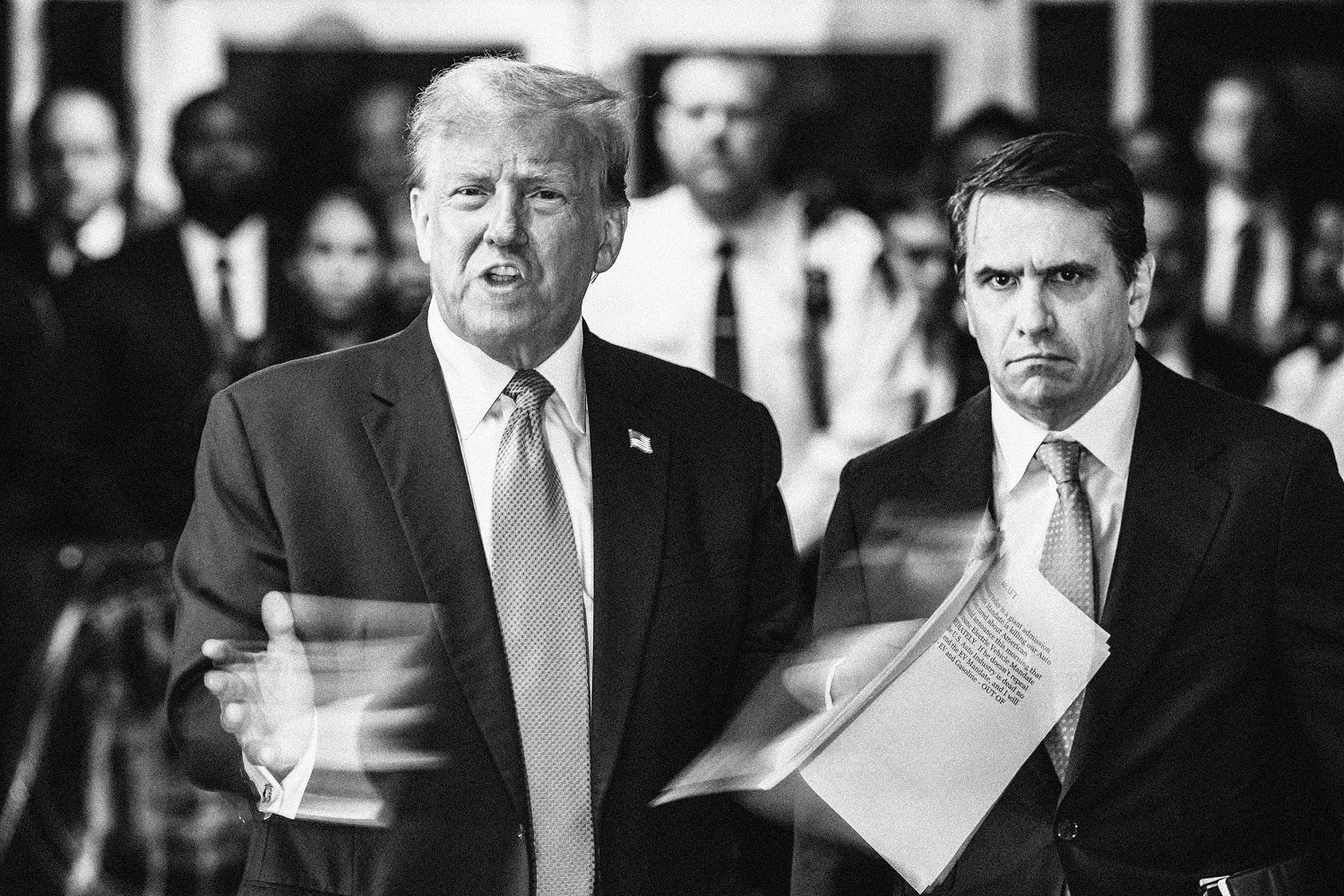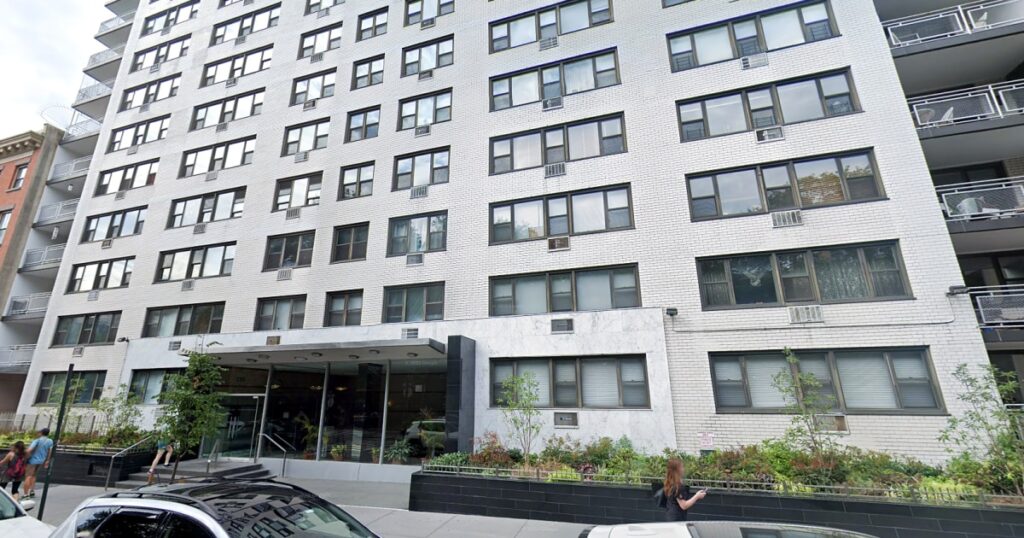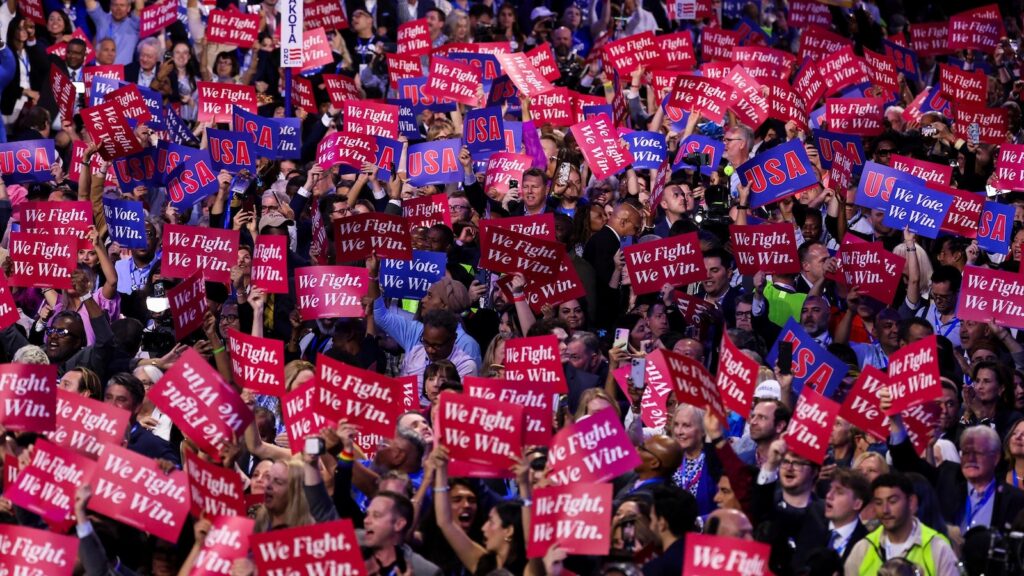
With Christmas under a month away, many Americans are equal parts stressed about the holidays and exhausted by politics, including the legal travails of the former and future president, Donald Trump.
That’s particularly true now that Trump’s legal proceedings are quietly winding down or are being frozen in place: Special counsel Jack Smith has quietly obtained the dismissal of both cases under his purview; meanwhile, Fulton County District Attorney Fani Willis’ 2020 election interference case has been on hold for months as Trump and multiple co-defendants challenge her very ability to lead that prosecution. And of course, after agreeing to pause all remaining post-trial proceedings until after the election, Manhattan District Attorney Alvin Bragg is now fighting to preserve the New York hush money case, which Trump moved to dismiss in a motion made public Tuesday.
It’s tempting to tune out. But this latest Trump brief demands attention, perhaps less because of how it could affect the future course of the litigation and more because of what it signals about the Trump administration in waiting. That’s especially true given that it was signed by only two lawyers — Todd Blanche and Emil Bove — whom Trump has picked for top Justice Department spots in his new administration.
Here are three things worth noting about the new brief:
It contains several statements that are misleading at best.
The brief contains multiple plain statements of purported fact that run the gamut from misleading to baseless. For example, there is no proof that the Biden Justice Department “sent” Matthew Colangelo, who served as the chief aide to Assistant Attorney General Vanita Gupta, to the Manhattan DA’s office, much less that the DOJ and Bragg’s team were in cahoots to “unfairly target President Trump in this empty and lawless case.”
Likewise, in arguing that the DA’s office tolerated former Trump fixer Michael Cohen’s repeated lies while punishing former Trump Organization executive Allen Weisselberg with a second prison term for “alleged perjury,” the Trump team blames the DA for choosing the “morally bankrupt choice.” But it ignores that Weisselberg pleaded guilty to two perjury counts concerning his testimony in the Trump civil fraud case, which is currently on appeal.
Its novel argument, about the case disrupting Trump’s transition efforts, doesn’t reflect his actual handling of the transition.
Trump’s brief stretches constitutional concerns with prosecuting a sitting president to a time period before his term: the transition. Specifically, Trump emphasizes that anything but a full dismissal of the Manhattan case would disrupt his transition efforts and thus, disrupt the very functioning of the federal government. But even if that argument were legally justifiable — and that in and of itself is debatable — it’s belied by what we can see of the Trump transition in real time.
Specifically, according to NBC News, Trump’s representatives ignored multiple entreaties from both the White House and congressional leaders to formally enter into the transition process, which begins well before the presidential election. And while the Trump transition team belatedly signed an agreement with the White House on Nov. 26, as of publication, it still has declined to do so with the General Services Administration (GSA), foregoing “additional resources to assist with the transition, including funding and office space,” and instead operating as a ‘self-sufficient organization.'” By refusing to partner with the GSA, the Trump transition also has forfeited cybersecurity support, which “could also make the Trump transition a softer target for foreign hackers — who already successfully penetrated the campaign earlier this year.” (This is hardly an ephemeral concern: Kash Patel, Trump’s announced choice for FBI director, recently was a target of an Iranian cyberattack.)
Especially given Trump’s open delay and/or failure to abide by the processes set forth in the Presidential Transition Act, it’s not clear why an indictment tied to a jury verdict months ago “threaten[s] the functioning of the federal government.”
Its arguments about misconduct or bias take on an ominous tone given Trump’s top law enforcement picks.
Trump’s intended nominees to lead the primary federal law enforcement agencies, namely, Pam Bondi at the DOJ and Kash Patel at the FBI, have publicly warned that critics of Trump and/or those who have prosecuted him will be pursued. In light of those pledges, then, the brief’s accusations of misconduct and/or bias by certain individuals, whether named prosecutors, a member of the district attorney’s family, or even the CEO of a political consulting firm in which the judge’s daughter is a partner, takes on an ominous tone.
To be sure, not everyone in a Trump-led DOJ shares Bondi’s or Patel’s thirst for revenge and/or urge to purge the purported “deep state.” Trump world encompasses more reasonable, experienced minds who surely recognize no federal statute criminalizes even the most charged of the brief’s allegations, such as its assertion that by the time Trump was tried last spring, “the prosecutors were willing to say or do anything to obtain a conviction.” But assuming they push back against any planned persecution of those involved in the Trump criminal cases, can they prevail? And will they survive? I’m not convinced.
So yes, the holidays are here. And you’re tired of Trump evading justice and people like me playing Cassandra. I get it. But given the longer-term stakes of some of the positions staked out in this most inevitable of briefs, don’t look away.



